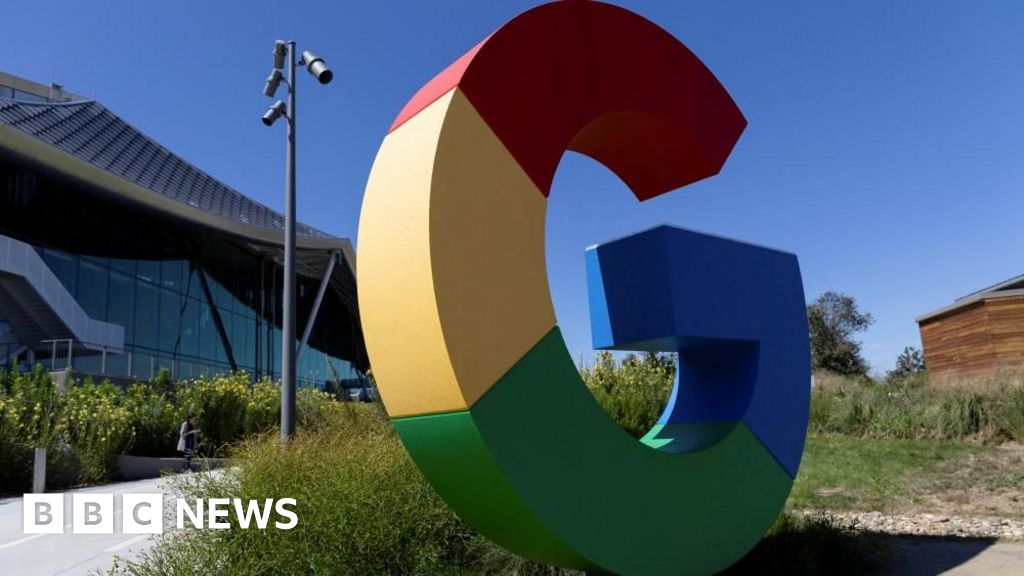To be clear, it was never going to be easy. The Year of the Rabbit began in Britain much as the last one ended — with waves of strike action, reports of alarming ambulance wait times and a jittery pound. The IMF says the UK will have the slowest growth among industrialized nations and Brexit costs are becoming harder to ignore. Meanwhile, a war in Europe rages and China’s Covid resurgence raises the prospect of dangerous new mutations. Permacrisis indeed.
Sunak got credit last year for injecting some stability and gravitas into a government reeling from the tumultuous final months of Johnson’s premiership and the mishaps of Liz Truss’s brief tenure. But in politics, goodwill can’t be banked for long.
Sunak’s speech sought to restore trust and project a sense of vision for the future, but his promises fall into what could be called the pledge trap: those that are either unattainable or meaningless. This risks making the government look insecure and gimmicky rather than ambitious and thoughtful.
Sunak made five specific pledges, addressing “the people’s priorities,” against which he repeatedly said he wanted to be held to account. In his first, he pledged to halve inflation this year, but the Office of Budget Responsibility has already forecast inflation to drop to 3.8% this year from a high of over 11% in 2022.
A promise to grow the economy with “better-paid jobs and opportunity right across the country” may have been aimed at giving hope to the so-called Red Wall seats in the North that helped the Tories win the 2019 election. But he doesn’t say what growth policies he’ll pursue. The existing forecast is for a return to growth by the end of the year; is Sunak stating this low bar will be met or promising something more?
His pledge to reduce the national debt as a share of GDP in the medium term no doubt seeks to reassure some conservatives that his government won’t continue a spending spree. But a falling debt (from its current level of 102%) is similarly already forecasted.
It would have been better simply to let these metrics evolve in the government’s favor and then take some credit. Doing it this way is a bit like a premier league football team announcing it would have a winning record in friendlies against lower league teams it is expected to beat. Seems silly.
Sunak appears to have spent most of his time thinking about the final two pledges — reducing NHS waitlists and “passing new laws” to stop migrants arriving in small boats. Both were couched in carefully achievable terms.
NHS waitlists will be reduced with additional injections of funding and reliance on private-sector hospital capacity. Sunak also pledged funds to help hospitals discharge medically fit patients into community settings, which should help improve the flow through emergency departments. He may get some credit for relieving the immediate crisis, but these short-term fixes don’t address the structural problems with the NHS. He has also postponed a much-needed reform of social care.
His pledge to introduce new laws to stop migrant boats doesn’t exactly bet the store either. But closer cooperation with France and Albania (which is a large source of migrants to the UK who don’t meet asylum requirements), more border policing and a mostly performative policy of offshoring migrants to Rwanda may win the government some credit if numbers are reduced.
The title of Wednesday’s speech was “building a better future,” but the vision elements of the speech got short shrift. Sunak was most animated when talking about education. “This is personal for me,” he said. The UK is one of the few advanced countries that doesn’t require students to study math until the age of 18 and Sunak wants to change that to lift numeracy levels and prepare young people for a job market more likely to demand those skills. It’s an idea worthy of discussion, but not one he can implement before the next election given a system already short of math teachers. Similarly, his offer of “family hubs” to help parents raise children was left vague.
It would be unfair to suggest that Sunak doesn’t have ideas beyond the immediate crisis-fighting. His Mais lecture last year as Chancellor of the Exchequer was a serious look at how to improve Britain’s competitiveness and dynamism. But while the prime minister may want to talk about new year’s resolutions, his biggest headache will be dealing with the hangover of last year’s turmoil.
More From Bloomberg Opinion:
• Frederick the Great’s Advice for Ukraine Negotiations: Andreas Kluth
• China Condemns Its People to Relive the Nightmare of 2020: Clara Ferreira Marques
• Who Are the Nepo Babies Among Us?: Adrian Wooldridge
This column does not necessarily reflect the opinion of the editorial board or Bloomberg LP and its owners.
Therese Raphael is a columnist for Bloomberg Opinion covering health care and British politics. Previously, she was editorial page editor of the Wall Street Journal Europe.
More stories like this are available on bloomberg.com/opinion















































